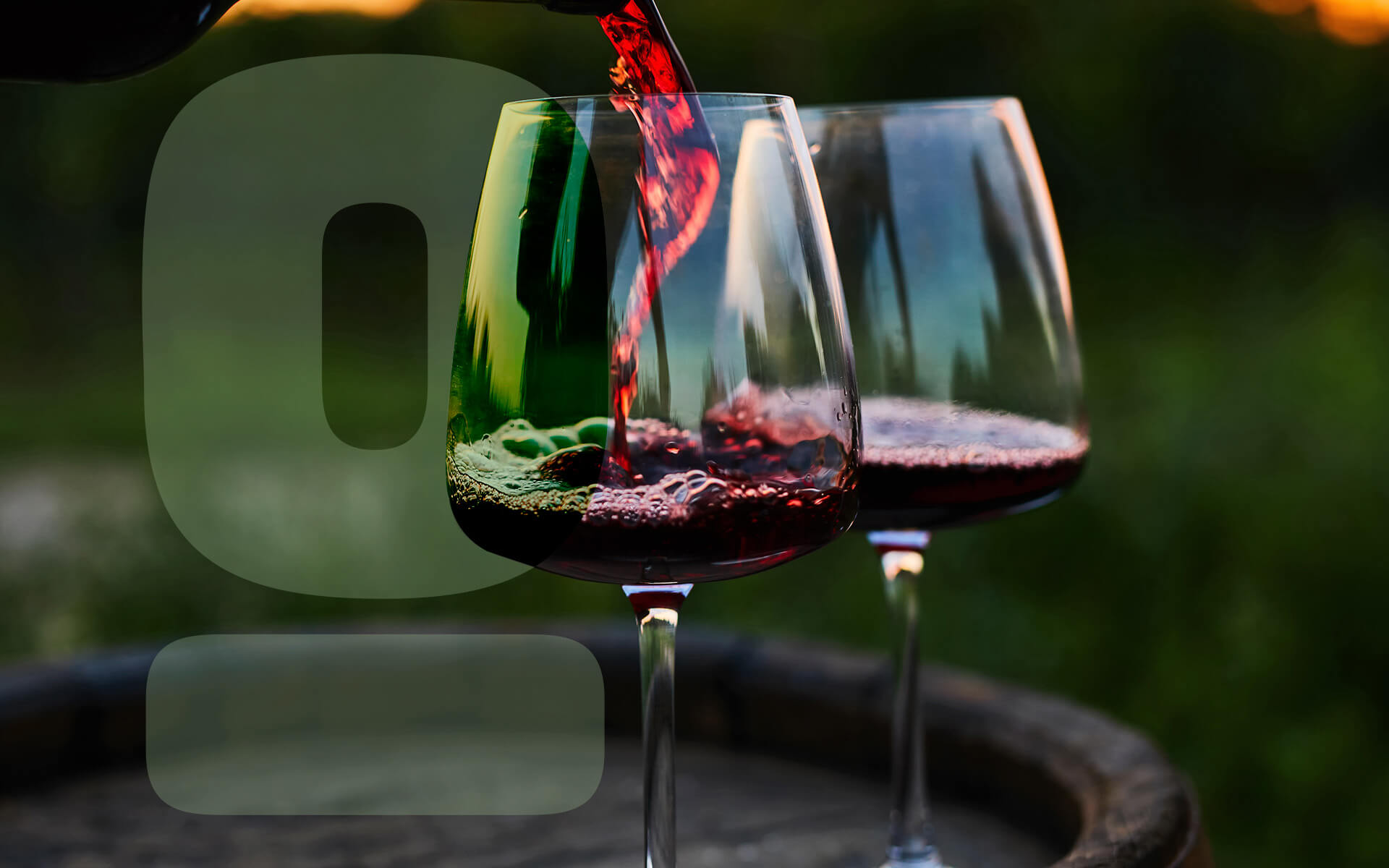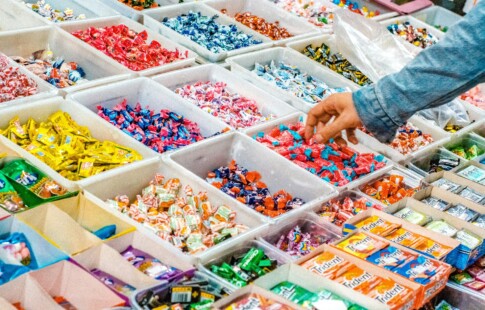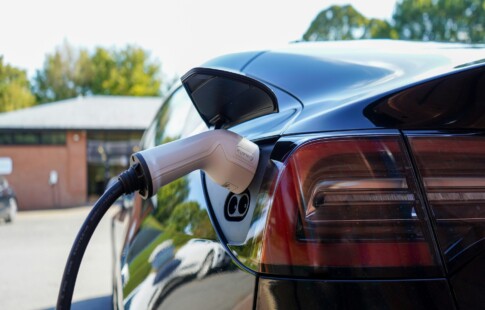
6 Sustainable Wine Brands
We are reader-supported. When you buy through links on our site, we may earn affiliate commission.
There’s no denying that the modern consumer values sustainability. According to Deloitte’s Global 2021 Millennial and Gen Z Survey, 28% of respondents cite climate change and protecting the environment as leading concerns.
Overall, Gen Z consumers are eager to hold brands accountable, which means many brands will likely take sustainability more seriously, especially in 2022.
Below is a list of six brands you can consider buying from if you want to enjoy a glass of wine and support sustainable businesses.
1. Silver Oak
Silver Oak is a wine brand dedicated to sustainability. Its flagship wineries in Napa Valley and Alexander Valley are LEED (Leadership in Energy and Environmental Design) Platinum Certified.
The Silver Oak winery in Alexander Valley is also the first manufacturing facility to earn Living Building status from the International Living Future Institute (ILFI). Since 1972, Silver Oak has produced a California Cabernet Sauvignon aged in American oak.
2. Benziger Family Winery
Since 2006, all Benziger wines have been certified organic, sustainable, biodynamic or a mix of the three. The winery emphasizes environmentally-sound growing methods, including biodiversity, soil revitalization and integrated pest management (IPM).
All four Benziger wine estates are Demeter-certified biodynamic. The brand uses the highest level organic farming practices to produce its wine.
3. Tablas Creek
Tablas Creek was the first winery in the United States to be a Regenerative Organic Certified (ROC) vineyard. The brand implemented the highest form of sustainable farming, focusing on soil health, animal welfare, biodiversity, farmworker fairness and carbon capture.
The sustainable wine brand was spotlighted in a Washington Post article discussing carbon farming and how it can improve soils to help fight climate change.
4. Brooks
Jimi Brooks founded Brooks Wine in 1998 due to his love of biodynamic farming and approach to gentle winemaking. The Brooks vineyard earned Demeter-biodynamic certification in 2012 and now uses locally sourced ingredients for its culinary offerings.
Social responsibility is also a core principle at Brooks. In January 2019, Brooks announced that it was B Corp Certified and a member of the 1% for the Planet, two distinctions that prove the brand’s dedication to social responsibility.
5. Fetzer
According to Fetzer’s website, they were the first winery to receive a carbon-neutral certification in the United States. The company uses rooftop solar panels and wind, geothermal and other renewable resources to operate its facilities. Fetzer saved enough energy in 2019 to power about 73 homes by using renewables.
Additionally, Fetzer was the first TRUE Zero Waste Certified winery globally due to its efficient waste management. Fetzer typically reuses or recycles 97-98% of its waste.
6. Winderlea
Specializing in Chardonnay and Pinot Noir, Winderlea Vineyard and Winery is another sustainable wine brand. The brand received B Corp Certification and is Demeter-biodynamic certified.
According to a piece from Winderlea’s Vintage Journal archives, the winery chose a Native Energy HelpBuild program that will improve cattle grazing practices on 33,000 acres in Montana to help offset their carbon footprint.
While the six wine brands listed above are helping to create a greener future for upcoming generations, there are plenty of other brands working toward similar goals.
Many vineyards and winemakers, especially in California, have adopted sustainable winegrowing practices to conserve energy and water, protect air and water quality, preserve local ecosystems and habitats and maintain healthy soil.
Farmers who produce wine grapes already feel the negative impacts of climate change. Essentially, wine brands may need to consider adopting sustainable practices and ditch traditional methods of wine production to remain competitive, appeal to the modern consumer and help environmental initiatives.
Purchase Sustainable Wine in 2022
As consumers become increasingly aware of the negative impacts of climate change, some are using their purchasing power to support brands using sustainable business practices.
A decade ago, it was rare to enter a liquor store or supermarket and find a dedicated section with organic, biodynamic or sustainably sourced wine. Today, wine lovers who care about the environment can easily find sustainable options. Consider buying wine from some of the brands listed above.
Share on
Like what you read? Join other Environment.co readers!
Get the latest updates on our planet by subscribing to the Environment.co newsletter!
About the author

Jane Marsh
Starting from an early age, Jane Marsh loved all animals and became a budding environmentalist. Now, Jane works as the Editor-in-Chief of Environment.co where she covers topics related to climate policy, renewable energy, the food industry, and more.





